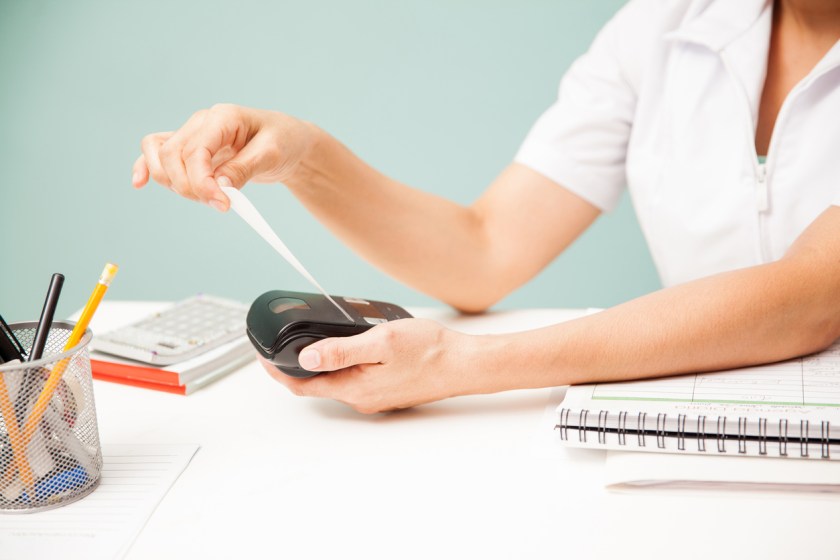Never underestimate the role your receptionists play when it comes to your client retention. Of course, they need to provide first-time visitors with an excellent first impression, but they are responsible for so much more than that. Your receptionists are the ones that need to sustain the ongoing relationship after clients are converted, which can often be even harder than impressing them the first time around.
It’s not just physical impressions either. It’s much easier to convert clients during an in-person visit, when you have the opportunity to wow them with your stellar premises, a complimentary beverage, a friendly greeting and a smile. But what about before they actually reach you? Your receptions are the very first touchpoint for clients that call or email their first enquiries, and if they aren’t handled correctly, prospective clients can become never-clients in a matter of minutes.
It’s a non-stop journey, from the moment a client picks up the phone, to the moment they choose to leave you. We’ve put together our top 7 tips that are often overlooked ,to help your receptionists get the very best out of each and every client, throughout their entire journey:
- Don’t ignore email enquiries – most clients nowadays are hesitant or even too busy to make a phone call, and will opt for an email instead. Particularly if someone is in a hurry to grab a last-minute appointment, they might send out enquiries to several different locations, and it may simply be a case of first-in-best-dressed. Every prospective client has the potential to become a life-long regular, so don’t be tardy on email replies. Consider creating some guidelines for your receptionists; for example, rules like ‘email responses to be conducted within 30-60 minutes of receiving’ can often work well. This will also generate an expectation amongst your clients that you can be relied upon for speedy bookings – a great reputation to have!
- Greet clients within 30 seconds – clients should be greeted as soon as they walk in, and 30 seconds is usually the rule of thumb. If you’re on the phone, ensure you acknowledge them using body language (a smile, nod, wave etc.) and greet them verbally once your call has ended.
- Prioritise clients in front of you – clients standing at the desk always take priority over a phone call. Ensure there is a system in place for this; either letting calls go to voicemail, or answering and requesting they hold until you are available. In a client’s eyes, a busy period and/or not enough staff at reception is not an excuse for poor customer service.
- Offer a solution – there’s nothing more annoying to a client than a therapist or receptionist constantly saying ‘no, sorry’. If the answer has to be no, ensure your reception staff are following it up with a ‘yes’ and a solution to their problem. For example, “do you have Thursday at 5pm available”? should never be followed by ‘no sorry’, but instead, “I can offer Thursday 6pm?” Restructure the sentence and frame it in a positive way – as negatives will only come off as unhelpfulness.
- Have a versatile attitude – friendliness is of course key for first impressions, but tone, volume, pitch and attitude can all be matched according to each client’s personality and demeanour. For example, more quiet, serious or professional clients may be put off by receptionists that are too loud, bubbly or high-pitched.
- Leave notes – this is absolutely crucial, not only for receptionists to communicate any problems or key points to the clients’ therapist or practitioner, but also in any environments with multiple reception staff. For example, if a receptionist leaves a client a voicemail one day and the client returns the call the following day when another staff member is on, it can look somewhat unprofessional if the answering receptionist doesn’t know what the call is relating to.
- Be genuine – most of all, be kind, friendly, honest and genuine. As a receptionist, you should genuinely care for your clients and their wellbeing, and strive to create a real bond with each and every visitor. This is one of things that will keep them coming back, time and time again.




